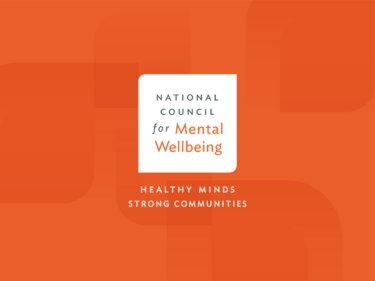After the death of George Floyd, many individuals, organizations and communities identified systemic racism as a barrier to justice and equity across our country. Many organizations and communities have begun diversity, equity and inclusion initiatives in response to their commitment to do “something” to address the impacts of systemic racism and oppression. As time continues to pass, I continue to wonder if it is enough. For me, the answer is no.
In a webinar on systemic racism that I presented during this summer, one participant said something that ignited a fire in me. They said “inclusion still indicates that there is a gatekeeper.” That one statement caused a significant change in my thoughts, language and behavior. According to Portland Means Progress, inclusion is the authentic engagement of underserved or traditionally excluded groups into activities and internal policy/decision-making. It also means creating an environment where all can show up as their authentic selves. It involves ensuring the optimal space and process for diverse people to participate, engage and want to stay in their workplace. I noticed in this definition that one word is present more than once — engagement.
In talking to many people of color across the country, one thing that has stood out to me is the overall feeling of moral injury and fatigue regarding these initiatives. Many have indicated that they are now being “included” but not engaged in the work, their voices are not being heard and they are tired of continuing to try and educate others. For them “inclusion” and access to the decision-making table, does not equate to engagement.
Inclusion, by itself, just means that someone is there. It does not mean that they are heard, authentically themselves, feel safe to communicate honestly or even understand what is being discussed. Inclusion in itself does not create better outcomes for organizations or communities. It is actually the opposite.
We need engagement and for that reason, I think our language needs to change from diversity equity and inclusion (DEI) to diversity, equity and ENGAGEMENT (DEE). Language matters as it drives thoughts and behaviors. In doing additional research, employee engagement has many benefits that are supported by research, including but not limited to increased employee safety, better employee health, greater employee satisfaction, higher retention, higher productivity and ultimately a better bottom line.
In order to truly create an organizational culture of diversity, equity and engagement, we must establish a foundation of safety, trust, transparency, collaboration, mutuality, peer support, empowerment, voice and choice. Creating this type of trauma-informed, resilience-oriented organizational culture requires leadership buy-in and commitment to not just words but actions, including modeling and communicating the urgency for change and the vision for how to move forward. It will require leaders to explore new ways of engaging their employees from leveraging technology for engagement in and out of meetings and creating compassionate cultures where engaging in risk taking is safe. Join me in moving the needle from inclusion to comprehensive engagement.
For more information, resources and tools, visit the Health Equity and Racial Justice resource page.



